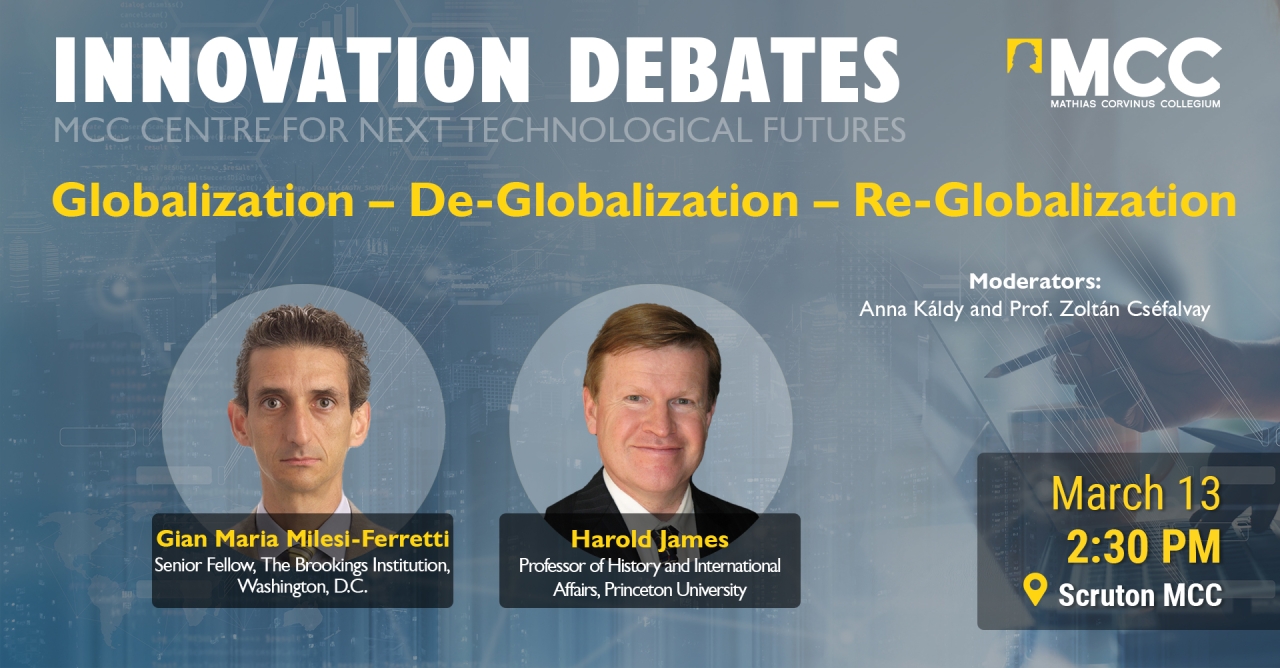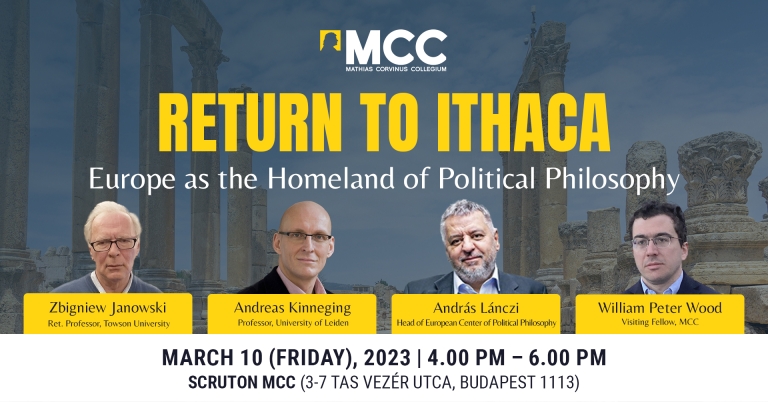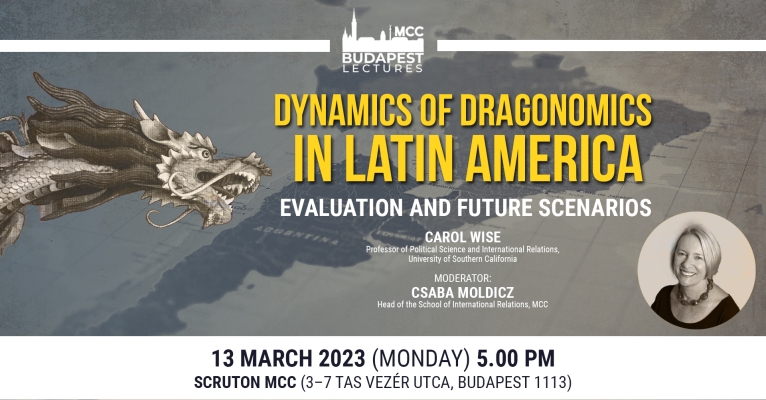Is globalization over or is it stagnating, or is it adapting to a changing environment or even reinventing itself? While de-globalizers share the belief that world trade is becoming fragmented, the global order more multipolar and the engine of growth more diverse, in short, (trade) borders are being re-erected, re-globalizers share the idea that globalization is capable of reinventing itself due to open (trade) borders.
Globalization has always been a hard sell to the public, as its benefits are widely distributed across continents, countries and societies, helping to lift hundreds of millions out of poverty in emerging economies, although those in particular industries and regions in developed countries who have lost their jobs, are hard to convince of the benefits of globalization. Meanwhile, a bitter race for technological supremacy is raging between the global economic powerhouses, particularly in the Pacific and to some extent in the Atlantic, as the global trade is converting from tangible to intangibles, to invisible and digital, to ideas and data, fueled by the internet and other digital technologies.
Looking at the most commonly used measure of globalization, the share of global trade of goods in world GDP, this has remained almost unchanged over the past decade, in contrast, cross-border digital flows have increased exponentially. Are digital technologies creating a new kind of globalization, as re-globalizers expect, or are they more responsible for the disintegration of the world economy, as de-globalizers often claim?
Panelists:
- Gian Maria Milesi-Ferretti, senior fellow in the Hutchins Center, the Brookings Institution, Washington, D.C. He was previously Deputy Director in the Research Department of the International Monetary Fund (2014-21). His paper “The External Wealth of Nations Mark II” (joint with Philip Lane) won the Bhagwati award as best paper published in the Journal of International Economics during 2007-2008.
- Harold James, Professor in European Studies at Princeton University, and Professor of History and International Affairs at the Woodrow Wilson School. His most recent books are The Euro and the Battle of Economic Ideas (with Markus K. Brunnermeier and Jean-Pierre Landau), (2016) and The War of Words: A Glossary of Globalization (2021). He is the official historian of the International Monetary Fund and writes a monthly column for Project Syndicate.
Moderators from MCC: Anna Káldy and Prof. Zoltán Cséfalvay
We welcome all those interested!


